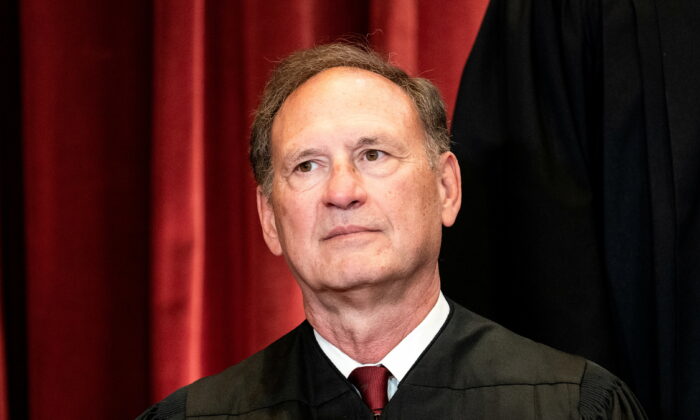Supreme Court Declines to Review Admission Policy for Prestigious Boston Schools
Two justices opposed the decision, arguing that the Supreme Court’s ruling contradicts its prior decision last year that abolished affirmative action in college admissions.
The U.S. Supreme Court announced on December 9 that it would not review whether three Boston public schools violated the Constitution with a controversial racial diversity policy that allowed student admissions based on their zip codes.
Beginning with the 2021–22 school year, the school committee altered the admission standards for its competitive “exam schools,” substituting the traditional standardized test with a system based on applicants’ zip codes, which allocated seats for students with the highest grade point averages from each Boston neighborhood.
The petition alleged that even though the quota for each neighborhood was determined by the area’s population of school-aged children, school officials openly expressed their objective to racially balance the Exam Schools to the detriment of Asian American and white applicants.
A federal district court dismissed the lawsuit in 2021. The U.S. Court of Appeals for the First Circuit upheld this ruling in 2023, concluding that although the zip code-based quota aimed to modify racial demographics, it did not infringe upon students’ equal protection rights.
In his dissent joined by Thomas, Alito stated that the new ruling marks the court’s second refusal to rectify a significant constitutional mistake that threatens to uphold race-based affirmative action in contradiction to the Students for Fair Admissions decision.
This story is ongoing and will be updated as new information emerges.





